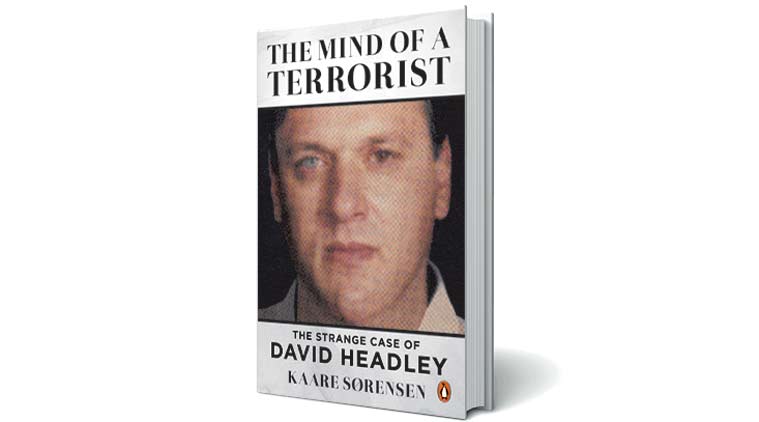David Headley: The Face Behind the 26/11 Mumbai Attacks

Introduction
David Headley, an American citizen and a key figure in the 2008 Mumbai terror attacks, continues to hold significant importance in discussions surrounding terrorism and national security in India. His involvement not only shed light on the complexities of international terrorism but also raised alarming questions about the vulnerabilities within India’s security framework.
Main Body
Born as Daood Syed Gilani in 1960 in Washington D.C., David Headley was raised in both the United States and Pakistan. His dual identity helped him integrate into both societies, ultimately facilitating his role in the planning of the deadly Mumbai attacks that led to 166 deaths and hundreds of injuries.
In 2005, Headley traveled to Mumbai for reconnaissance operations for the planning of terrorist activities orchestrated by the Pakistan-based terrorist organization, Lashkar-e-Taiba. He used his American passport to travel freely without drawing attention, gathering crucial intelligence on potential targets like the Taj Mahal Palace Hotel, Chhatrapati Shivaji Maharaj Terminus, and the Oberoi Hotel.
After the attacks, Headley was arrested in 2009 in the United States, where he was charged with multiple terrorism-related offenses. His testimonies, including critical details about the planning and execution of the attack, have been instrumental for Indian investigators. In 2016, he pleaded guilty to charges of conspiracy in a U.S. court and was sentenced to 35 years in prison, avoiding the death penalty in exchange for his cooperation.
Headley’s insights into the operations of terrorist organizations and their capabilities have become invaluable for counter-terrorism units worldwide. However, his case raises troubling questions about the effectiveness of intelligence sharing between nations, and the need for stringent security measures in India, which has faced continuous threats from terror groups.
Conclusion
The implications of David Headley’s actions have resonated not just within India but also in global counter-terrorism efforts. His life and operations serve as a wake-up call for nations to strengthen their fight against terror. As collaborative international efforts to combat terrorism evolve, understanding the narratives and motivations of individuals like Headley will remain crucial for preventing future attacks and safeguarding innocent lives. The tragedy of the 26/11 attacks still resonates, making it imperative for society to stay alert and informed.









